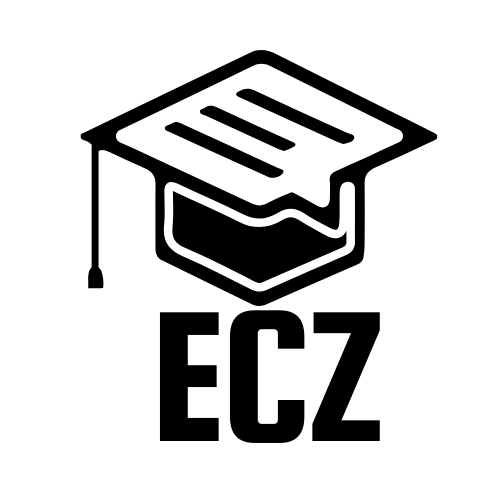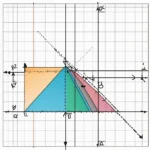When preparing for your ECZ exams, you’ve probably heard that past examination papers are an invaluable resource. They’re great for getting a feel for the exam format, identifying common questions, and practicing under timed conditions. However, even the best tools can lead to issues if not used correctly. Here are some common pitfalls students encounter with past examination papers and tips to steer clear of them. Spoiler alert: they’re all easy to fix!
Thinking Past Papers Will Predict Exact Exam Questions
One of the biggest mistakes students make is believing that past examination papers will reveal this year’s exam questions. While these papers can help you spot frequently tested topics, exams seldom repeat the exact same questions. If you focus solely on practicing past papers without grasping the underlying concepts, you’re likely to face an unwelcome surprise!
To avoid this, treat past papers as a guide rather than a crystal ball. Look for patterns in the questions to determine which areas are most crucial. Then, dive deep into those topics so you’re ready for any curveball the examiners might throw your way. Trust me, you’ll be grateful when you encounter a question phrased in a way you never expected.
Neglecting the Marking Scheme
You might think that completing a past paper is sufficient practice, but the marking scheme is equally important. Many students finish a paper, give themselves a pat on the back, and move on without reviewing their answers. If you’re doing this, you’re missing out on valuable insights into how marks are awarded and what examiners are looking for.
To avoid this mistake, always complement your practice with a thorough review of the marking scheme. Take note of how marks are allocated for each question. Are examiners seeking specific keywords or steps in a calculation? This habit will help you understand what’s expected and improve your performance.
Ignoring Time Management While Practicing
Practicing without a timer is like playing a game without keeping score it’s enjoyable, but it misses the main objective. The ECZ exam isn’t just about providing the correct answers; it’s about doing so under pressure. Many students tackle past examination papers at a relaxed pace, only to find themselves struggling with time management during the actual exam.
To avoid this, set a timer for each section of the paper while you practice. Treat it as if it were the real exam! This approach not only helps you increase your speed but also trains you to remain composed under time constraints. A helpful tip: if you frequently find yourself running out of time, prioritize answering the questions you feel most confident about first.
Overlooking the Importance of Feedback
Self-assessment is beneficial, but it has its limitations. A common pitfall is depending solely on your own judgment when grading your answers. Let’s face it, it’s easy to be lenient with yourself! This can lead to overconfidence and missed chances for improvement.
Instead, seek feedback from a teacher, friend, or study partner to review your answers. They can identify mistakes or gaps in your reasoning that you might overlook. Constructive feedback can be transformative, so embrace it.
Using Past Papers Too Early or Too Late
When it comes to past examination papers, timing is crucial. Some students begin practicing them too early in their preparation, before they’ve fully covered the syllabus. Others wait until the last minute, cramming papers without sufficient time to learn from their errors.
The ideal approach? Start practicing past papers once you’ve covered most of the syllabus but still have time to make improvements.
This way, you can pinpoint areas that need improvement and strengthen your understanding. Consider past papers as a tool for refinement rather than the core of your study approach.
When utilized properly, past examination papers are among the most valuable resources for preparing for the ECZ exam. By steering clear of common pitfalls, you can enhance the effectiveness of your practice sessions and increase your confidence for the exam day. Keep in mind that balance is essential: integrate past papers into your overall study plan instead of relying on them solely. So, gather those papers, set a timer, and tackle those exams with confidence!








